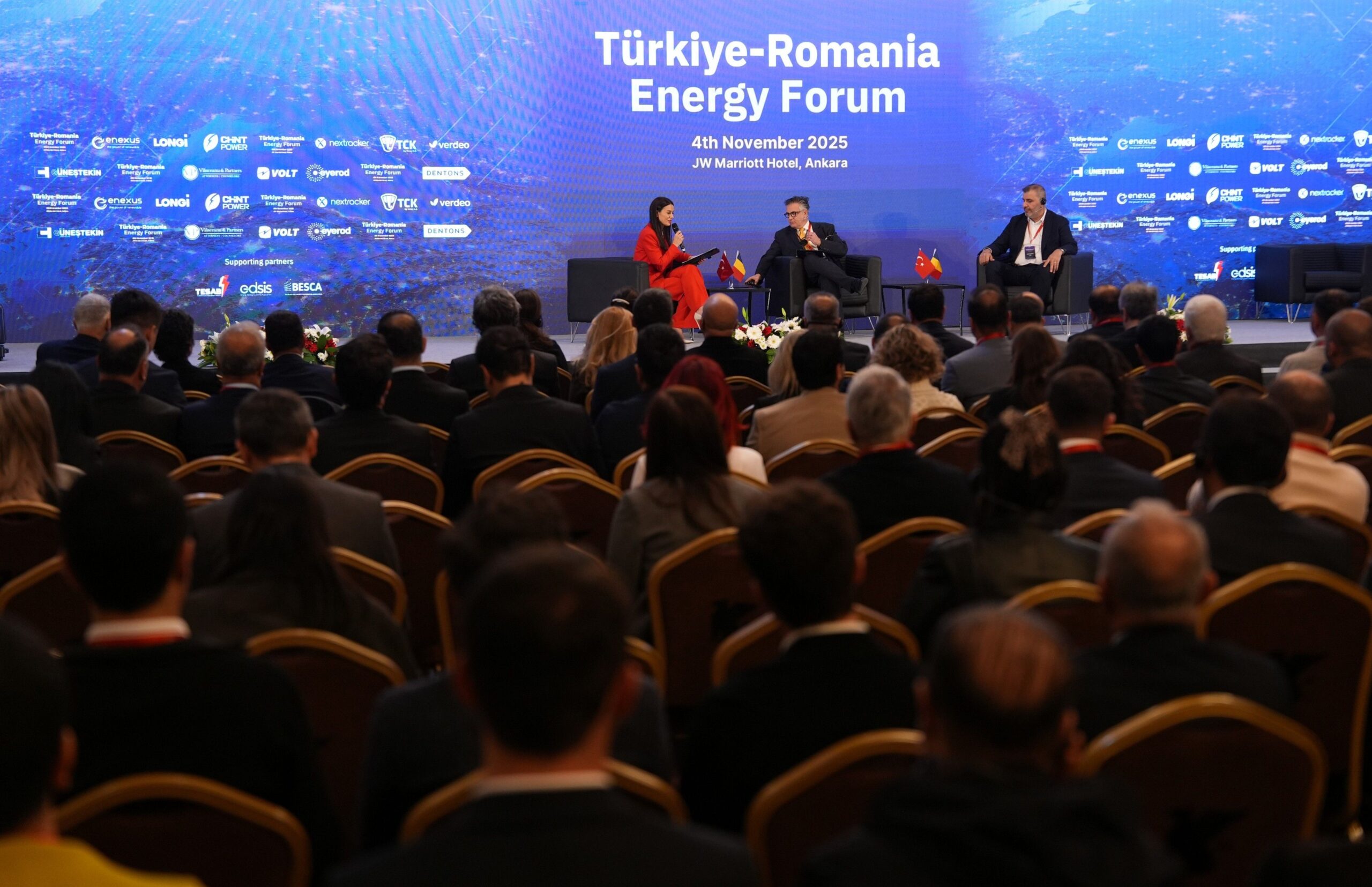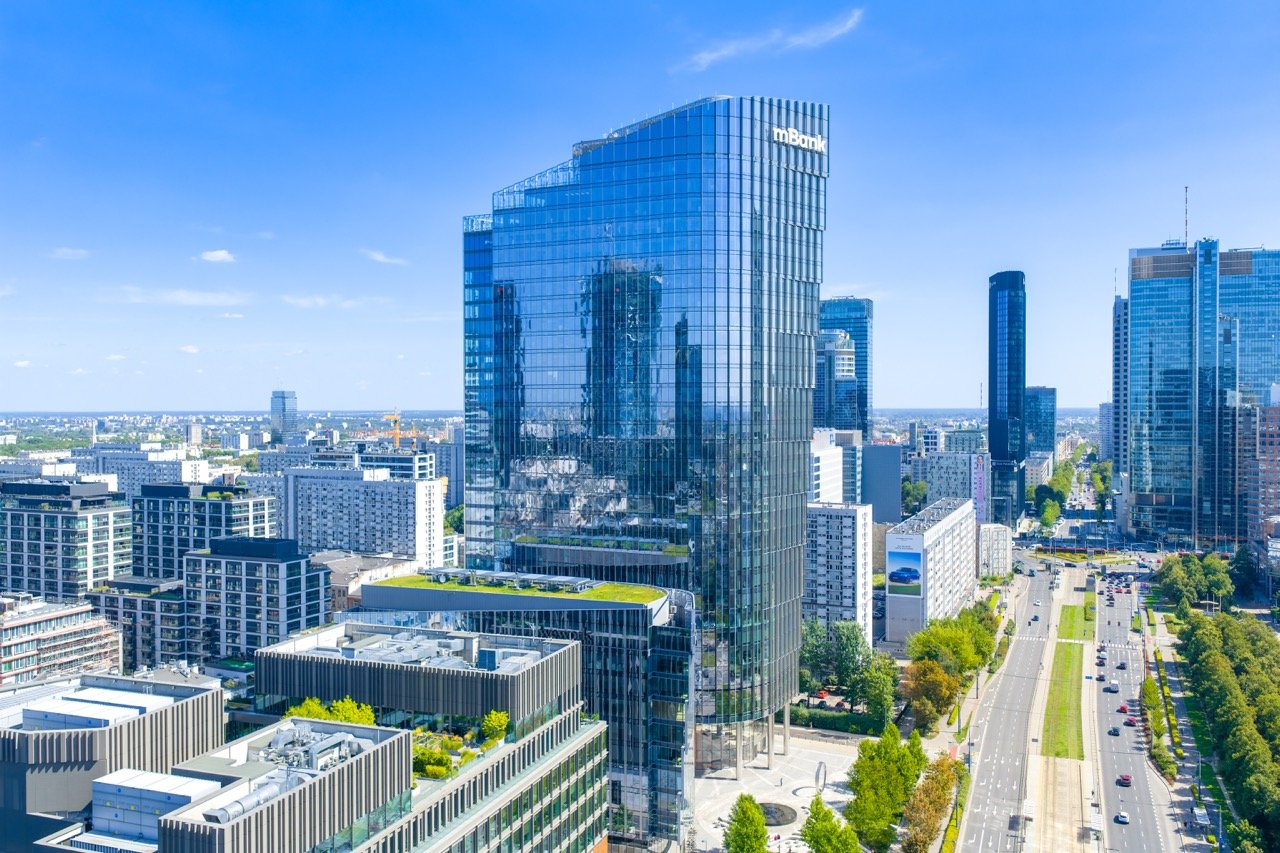Romania is emerging as one of the most dynamic markets for Turkish renewable energy investments, attracting growing interest from industrial and financial groups with regional exposure. Real grid connection opportunities for viable projects, infrastructure modernisation potential, and investment framework stability make Romania a strategic destination for Turkish capital, at a time when Europe is accelerating its transition to sustainable sources and energy independence.
This trend was confirmed at the Türkiye-Romania Energy Forum, held in Ankara and organised by Enexus, a turnkey solutions provider in the photovoltaic sector offering full-EPC services, energy storage and investment facilitation. The event brought together nearly 200 Turkish companies, from developers to investors and equipment manufacturers, with investment intentions already estimated at several hundred million euros.
“Through Enexus, we have already supported Turkish investors in entering the Romanian energy market, providing them with complete assistance, from permits and design, access to financing, construction and delivery of ready-to-operate projects. The Ankara Forum confirmed Turkish investors’ confidence in this market’s potential,” said Mesut Güler, CEO of Enexus.
Through its role as facilitator between investors and the Romanian energy ecosystem, Enexus has become a key player in attracting Turkish capital to the renewable energy sector.
Romania, a stable and competitive market for investments
Over the past two years, Turkish companies have accelerated their expansion in Romania, announcing photovoltaic and hybrid projects totalling several gigawatts across all regions of the country. The growing demand for Battery Energy Storage Systems (BESS) marks a new phase of market maturity, as investors increasingly seek to integrate flexibility and grid balancing capabilities into their business models.
Among recent landmark projects, the Ulusoy and Yeşilyurt groups entered the Romanian market through the acquisition of solar projects in Dâmbovița County, developed in partnership with Enexus. Similarly, Koç Holding, already a major industrial player in Romania through Arctic, Ford Otosan, and Otokar, strengthened its renewable portfolio by acquiring a 214MW photovoltaic project near Bucharest through Entek Elektrik.
“Romania appears to offer a balanced combination of potential, predictability, and favourable conditions. Experiences from other Koç Group companies suggest that it can provide a stable environment for long-term investment. With appropriate risk distribution and the integration of storage solutions, Romania continues to present itself as a competitive and relatively stable market for large-scale projects,” said Volkan Aktürk, Entek Elektrik’s Deputy General Manager.
The Forum took place with the participation of His Excellency Ștefan-Alexandru Tinca, Ambassador of Romania to the Republic of Türkiye.
“At the Romanian Embassy in Ankara, we receive three to four Turkish investor delegations every week, most of them focused on opportunities in Romania’s photovoltaic sector. Romania needs these investments and investors in areas such as energy storage and green technologies, where Türkiye has made important steps, including its own panel manufacturing capacity,” said H.E. Ștefan-Alexandru Tinca, Ambassador of Romania to the Republic of Türkiye
Large-scale investments and new market players
Among Forum participants was Claritas Investments, a Netherlands-based developer of renewable and storage projects across Europe, managing a large portfolio of over PV and BESS projects in Romania.
“We secured a 15-year CfD contract for our most recent Project Dacia of 550 MW PV with co-located BESS in western Romania. This is a good example of how large-scale renewable projects can be both bankable and high performing when built on solid foundations. Everything starts with proper documentation and a well-prepared technical project from the permitting phase, especially for hybrid projects with BESS. When all elements are aligned, projects become financeable and can be delivered on time,” said Erdem Eskiil, Director at Claritas Investments.
Another notable participant, RAL Investment Holding, a Turkish conglomerate with operations in energy, infrastructure, and construction, announced its intention to expand renewable investments in Romania.
“After analysing numerous markets, we concluded that Romania is the most suitable for the next stage of our renewable energy investments. The country offers stability, a functional free market, and real opportunities for bankable projects with long-term PPAs and possibilities for integrating storage solutions. We see Romania as a solid alternative market, where strong local partnerships can transform solar projects into sustainable and profitable investments,” said İsmet Turan, Board Member of RAL Investment Holding.
The Black Sea as a green energy bridge
Bilateral forums like the one in Ankara confirm Romania’s growing role as a strategic energy bridge between the European Union and Turkey, connecting production capacity, technology, and capital across the Black Sea.
“Turkish investors are no longer in the analysis phase, but in the action phase. Over the next two years, we expect a significant increase in finalised investments, especially in hybrid and storage-integrated projects,” added Mesut Güler, CEO of Enexus.
The Ankara Forum also marked the launch of the Black Sea Energy Cooperation Association (BESCA) – a new regional platform bringing together Romania and Türkiye to work side by side on renewable energy, infrastructure, and clean technology. BESCA aims to turn collaboration into concrete action through joint projects, investment partnerships, and the exchange of expertise to speed up the region’s shift toward sustainable energy.







